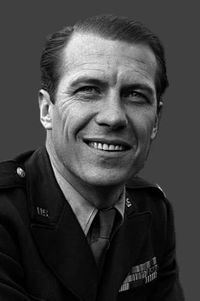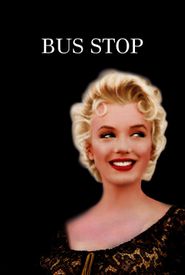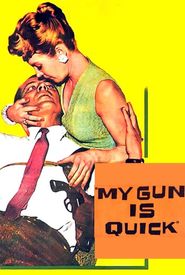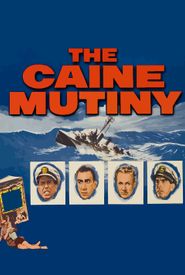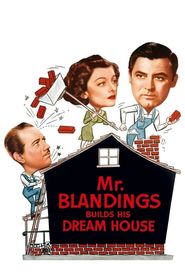Born in Montana to homesteading parents, Robert Bray eventually moved to Seattle with his family and attended Lincoln High School. Following graduation, he spent time working as a lumberjack, cowboy, and member of the Civilian Conservation Corps (CCC) before exploring various career paths.
As a young man, Bray worked in Hollywood as a studio carpenter in the early 1940s before joining the United States Marine Corps in 1942 during World War II. He saw extensive action in the South Pacific during his tour of duty, eventually mustering out as a Master Sergeant at the war's end.
With aspirations to become a taxidermist or owner of a hunting and fishing lodge, Bray eventually decided to pursue acting as a career. He signed a contract with RKO Pictures in 1946, where he was regarded as the new Gary Cooper. Over the next three years, he played supporting roles in various RKO police dramas and Tim Holt westerns before his contract was dropped.
From then until the early 1960s, Bray worked as a freelance actor, primarily taking on roles portraying tough characters such as cavalry officers, hard-bitten cops, and stagecoach drivers in a wide range of action-oriented movies and television episodes.
Bray's career saw him play in several notable films, including Bus Stop (1956),which helped establish Marilyn Monroe as a dramatic actress. He was also offered a role in the film South Pacific (1958),but instead chose to star in several low-budget pictures, a decision he would later regret.
After being replaced on the popular television series Lassie in 1968, Bray's motivation for continued acting work waned, and he eventually retired with his wife Joan to Bishop, California. An avid outdoorsman, Bray spent his later years cruising around town in his Winnebago motor home with his dog Lady, often engaging in his favorite pastimes of fly fishing, hunting, and model duck carving.
After his passing in 1983, Bray's ashes were scattered over Zuma Beach, California, a place he had often visited during his youth.
